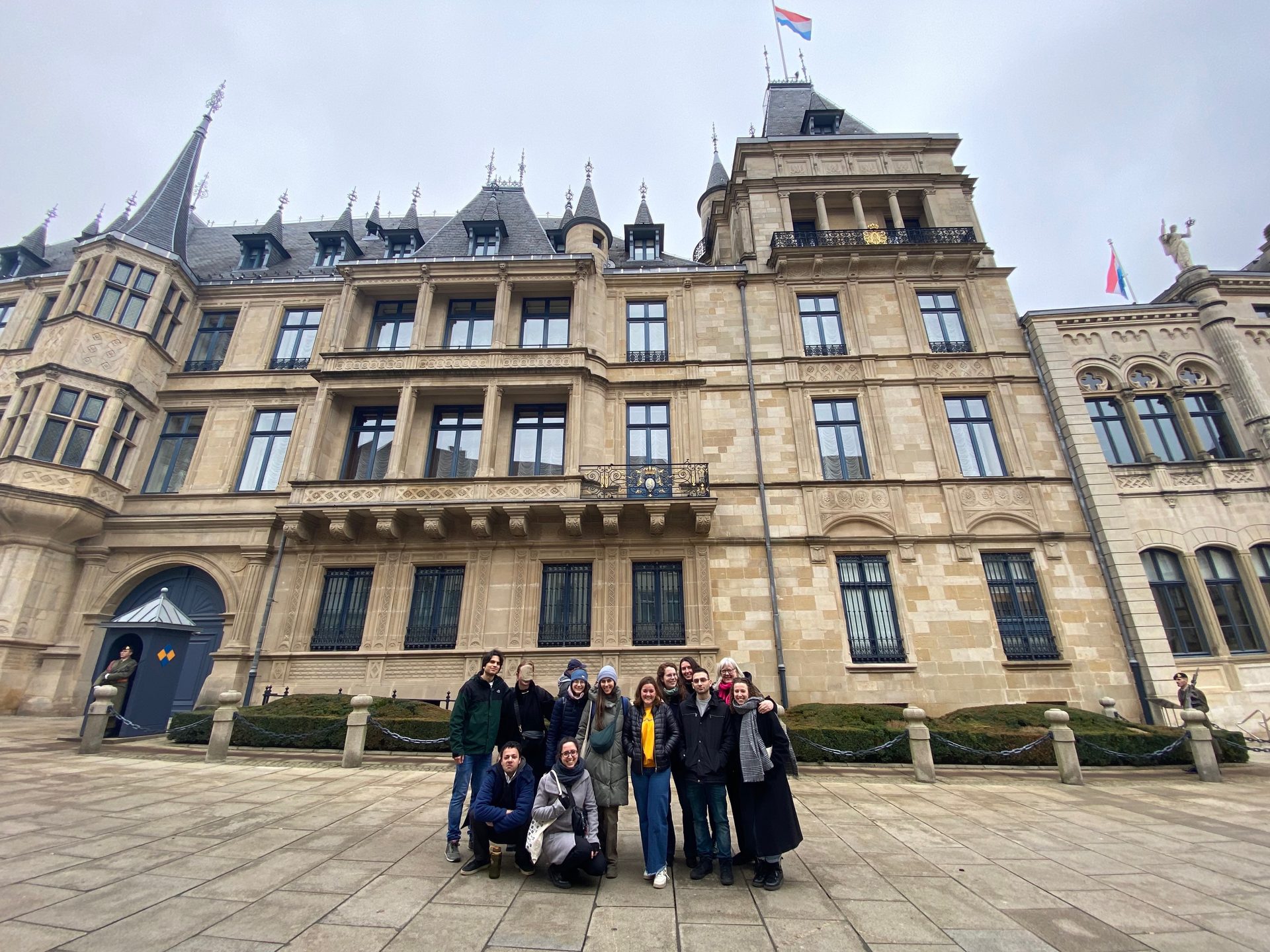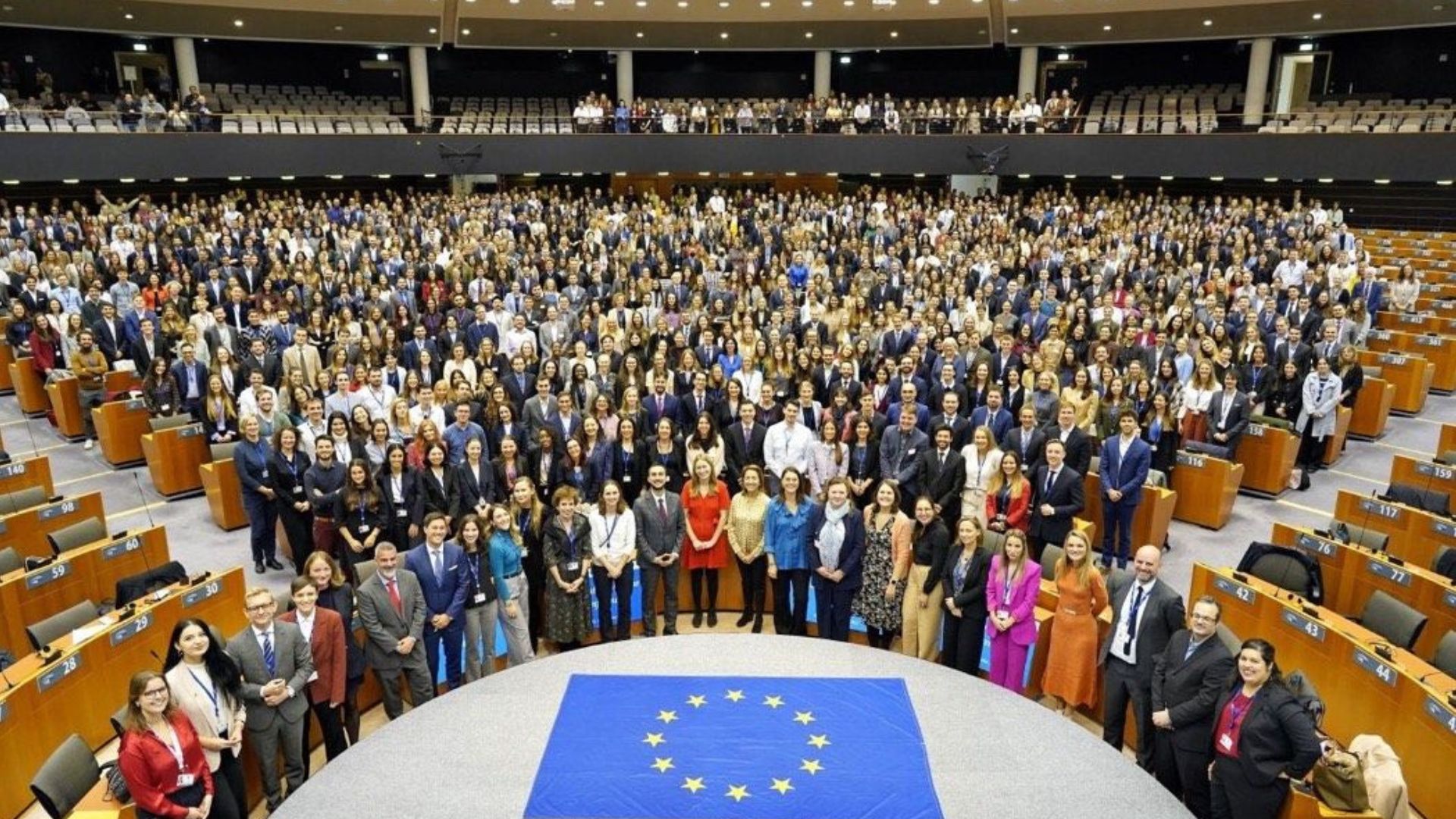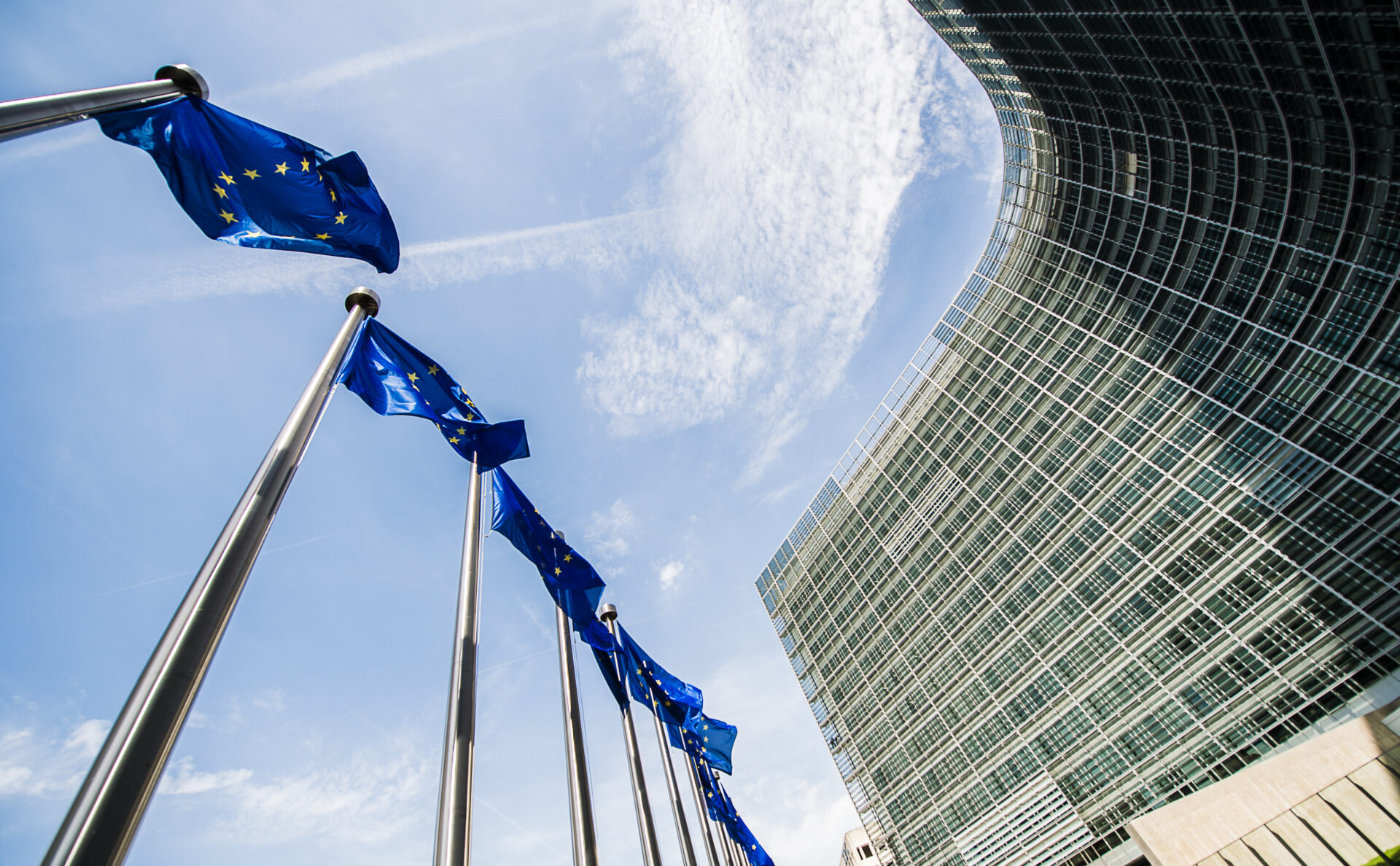Every year in March and October, hundreds of enthusiastic and beady-eyed young professionals flock to the Belgian capital to start prestigious traineeships within the EU institutions. But where to begin?
After a gruelling and lengthy selection process, moving to Brussels to start either a 'Schuman' traineeship at the European Parliament or a 'Blue Book' traineeship at the European Commission is undoubtedly a very exciting time. However, many are filled with apprehension as questions loom over finding accommodation, how to make the most out of the 5-month traineeship, and employment opportunities afterwards.
The Brussels Times' guide aims to answer some of these common questions for new trainees and ease the daunting process of moving to Belgium, packed with insider tips from trainees who have done it all before.
Finding housing as a trainee
Finding short-term accommodation before moving to Brussels present its challenges, and a trainee's salary unfortunately doesn't go very far (around €1,250/month for Blue Book trainees and around €1,500/month for Schuman).
Many landlords take advantage of the huge influx of trainees and hike up their rent prices, while others will only offer contracts of a minimum of one year (3-year, 6-year or 9-year contracts are the norm in Belgium). "It is, however, always worth getting in touch with a property owner and negotiating the terms of a contract," Belgian trainee Maurits Minne advises.
With the rising cost of energy prices, aim to find housing that includes bills in the rent prices to provide some stability throughout the traineeship. Being centrally-located is not essential, but always check that the property has good public transport links to work.
EU staff sometimes rent out rooms to trainees, so get in touch with your supervisor or the traineeship coordinator at your Directorate-General (DG).
Most trainees find shared housing (colocation in French, kot in Flemish) via trainee Telegram groups and Facebook groups, such as those listed below:
- BRUXELLES: Location appartement, Colocation, Sous-location chambre à louer
- Bxl à Louer - de bouche à oreille
- Appartement à louer Bruxelles
- Bruxelles : Annonces Kot Appartement Studio Colocation Maison
- Eurotrainees 🇪🇺 (EU Trainees in Brussels)
Websites such as Immoweb, HousingAnywhere, Colive, Coloc Housing, Zimmo and Immovlan are also good options.
Don't panic if you cannot find anything before the big move: many trainees book Airbnbs for a few days and organise viewings upon their arrival.
Remember that online scams are rife: be wary of rooms that seem particularly cheap (€500/month or less) and never transfer money without seeing a property first (or without organising a virtual viewing, if abroad).
If a property looks too good to be true, it usually is.
How to make the most of being in Brussels
Brussels may not have a stellar reputation when it comes to the weather, but its location at the heart of Europe more than makes up for the rainy skies.
Be sure to take all your annual leave (ten days over five months) and make the most of your weekends to explore France, Germany, Luxembourg, the UK and the Netherlands, which are all on your doorstep and perfectly accessible by bus or train.
Closer to home, Belgian cities such as Bruges, Antwerp, Ghent, Dinant, Leuven, Mechelen and Ostend provide fun day trips. Download the Belgian national railway's app (SNCB) for stress-free journeys and those under 26 can buy a discounted multi-pass (ten trips for just €57). Weekend tickets are also half price.

Day trip to Dinant. Credit: Isabella Vivian / The Brussels Times
With an array of green spaces, markets and museums, there is also plenty to discover in Brussels itself. In terms of affordability, Brussels is a fairly expensive city for a trainee's salary, but can be cheap if you know where to look.
Colruyt, Lidl and Aldi are the cheapest supermarkets and Action has a huge range of household products at affordable prices. As in numerous European cities, many museums are free on the first Sunday of the month. If people under 24 register with their local commune, they can also get a STIB public transport card for just €12 a year. All public transport is also free on 17 September for car-free Sunday.
Networking opportunities
As with any traineeship, you get out what you put in. It is crucial to take advantage of any opportunity that comes your way by pushing yourself out of your comfort zone, attending conferences and job fairs and making connections over the five months. "And prepare to drink a lot of coffee!" laughs Spanish trainee Alexander Gerritsen.
One classic networking spot is 'Plux' (Place du Luxembourg, opposite the Parliament), where trainees and EU staff alike gather at the square's surrounding bars after work on Thursday evenings. If you decide 'Plux' isn't your thing though, suggest going for a drink at one of the other great post-work locations dotted around the city. But be warned: Belgian beers are stronger than they look.
On a day-to-day basis, don't be afraid to ask questions, get involved and explore your interests; this will enrich your overall traineeship experience. Have a few smart outfits to hand – you never know when you'll need to dress to impress – and be proactive. In the past, trainees have organised work trips to the institutions in Luxembourg and Strasbourg, for example.

Blue Book trainees from the Directorate-General for Translation (DGT) on a work trip to Luxembourg in February 2023. Credit: Isabella Vivian / The Brussels Times
As well as making professional contacts, the traineeship is the time to make close friends, mix with hundreds of young, like-minded Europeans, and learn about cultures and customs from across the continent. Go to trainee socials and join the various Telegram groups: the chats are organised according to nationality, DG, and a wide variety of hobbies, from music and board games to travel and bar crawls.
Next steps?
Start thinking about future employment early on, as the five months will be up before you know it. If you are set on securing a job in 'the bubble' afterwards, talk to your supervisor and head of department. There are various contracts available after the traineeship, such as temporary agents, contract agents (CAST) and interim. But you will need to be invited by someone from your team to apply, so make sure they know you are keen to stay.
Applicants have to undergo a variety of tests as part of the process (both medical and academic). Revise well for the verbal, numerical and abstract skills tests, "as you must wait another six months before retaking if you fail them," former Italian trainee Sara Dore warns.
Interim contracts vary and can range from as little as two weeks to six months, but don't be dissuaded by the contract length: "They will very often try to keep you on and you may be moved to another unit or DG afterwards," Greek trainee Olga Georgousi tells The Brussels Times. "Send emails to Randstad, Start People and Daoust, as they deal with interims," she adds.
Take advantage of being in the system as a trainee: make a note of colleagues' contact details as they are not publicly available. Send spontaneous applications to DGs and EU agencies; most of the positions available are internal and not many people apply.

Welcome conference for October 2022 Blue Book trainees. Credit: European Commission
All information regarding future EU contracts will be communicated in the EPSO careers talk at the beginning of the traineeship, which guides trainees through the application process.
Securing a job at the EU is long and bureaucratic, so be patient. And don't be disheartened if you do not get offered a position at the end of the five months: it is a real achievement in itself to be accepted onto a traineeship at the European institutions, and there is no doubt that it will open many doors in the future.

